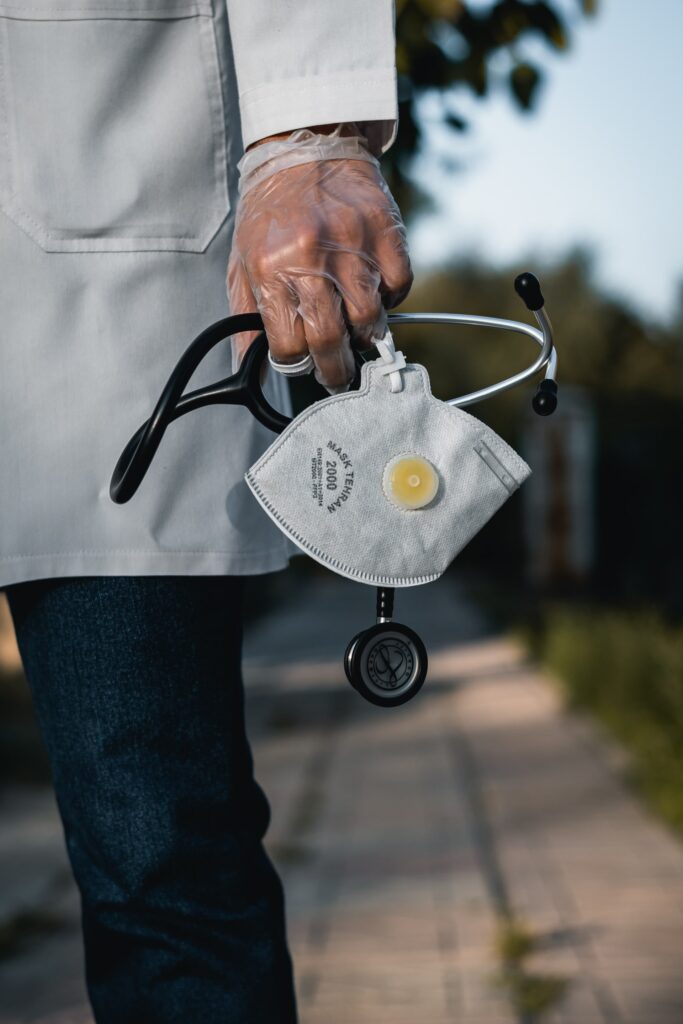
Most people don’t give much thought to their bladder health until they experience a problem. However, the bladder is a crucial part of the urinary system and plays an important role in overall health. That’s why, Dr Erik Goluboff believes it’s important to take steps to maintain good bladder health.
The urinary system is responsible for removing waste and excess fluids from the body. The kidneys filter the blood and remove waste products, which are then excreted in the urine. Urine travels from the kidneys through the ureters to the bladder, where it is stored until it is excreted through the urethra.
There are a number of things that can contribute to poor bladder health, including:
-Dehydration: Dehydration can make the urine more concentrated and irritate the bladder. It can also lead to urinary tract infections. It’s important to drink plenty of fluids—water is best—to keep the urine diluted and reduce the risk of infection.
-Smoking: Smoking can contribute to a number of bladder problems, including cancer. Quitting smoking is one of the best things you can do for your overall health, including your bladder health.
-Diet: A diet high in sugar can increase the risk of UTIs, while a diet high in salt can lead to dehydration and make it difficult to empty the bladder completely. Eating a balanced diet is important for good bladder health.
-Lack of exercise: Regular exercise can help improve bladder control and prevent urinary incontinence.
-Certain medications: Some drugs, such as diuretics and antihistamines, can increase the need to urinate and lead to urinary incontinence. It’s important to talk to your doctor about possible side effects of any medication you are taking.
There are also a number of things you can do to directly improve your bladder health, including:
-Doing pelvic floor exercises: Pelvic floor exercises—also known as Kegels—strengthen the muscles around the bladder, which can help prevent incontinence. To do a Kegel, tighten your pelvic floor muscles as if you are trying to stop urinating midstream. Hold for 10 seconds and then release. Repeat 10 times, three times per day.
-Quit smoking: As mentioned above, smoking is bad for your overall health—including your bladder health. Quitting smoking reduces your risk of developing bladder cancer and other problems.
-Limit caffeine and alcohol: Caffeine and alcohol are diuretics, which means they promote urination. Too much caffeine or alcohol can irritate the lining of the bladder and make it difficult to control urination. Limit caffeine drinks (coffee, tea) to no more than two cups per day, and limit alcoholic drinks to one per day for women or two per day for men.
-Empty your bladder regularly: Don’t hold in your urine for extended periods of time. Empty your bladder when you feel the urge and try to go to the bathroom at regular intervals throughout the day.
-Wear loose-fitting clothing: Tight clothing, especially around the pelvic area, can put pressure on the bladder and make it difficult to control urination.
Conclusion: Good bladder health is important for overall health and well-being. By making simple changes to your lifestyle and taking steps to maintain a healthy bladder, you can reduce your risk of developing problems in the future.